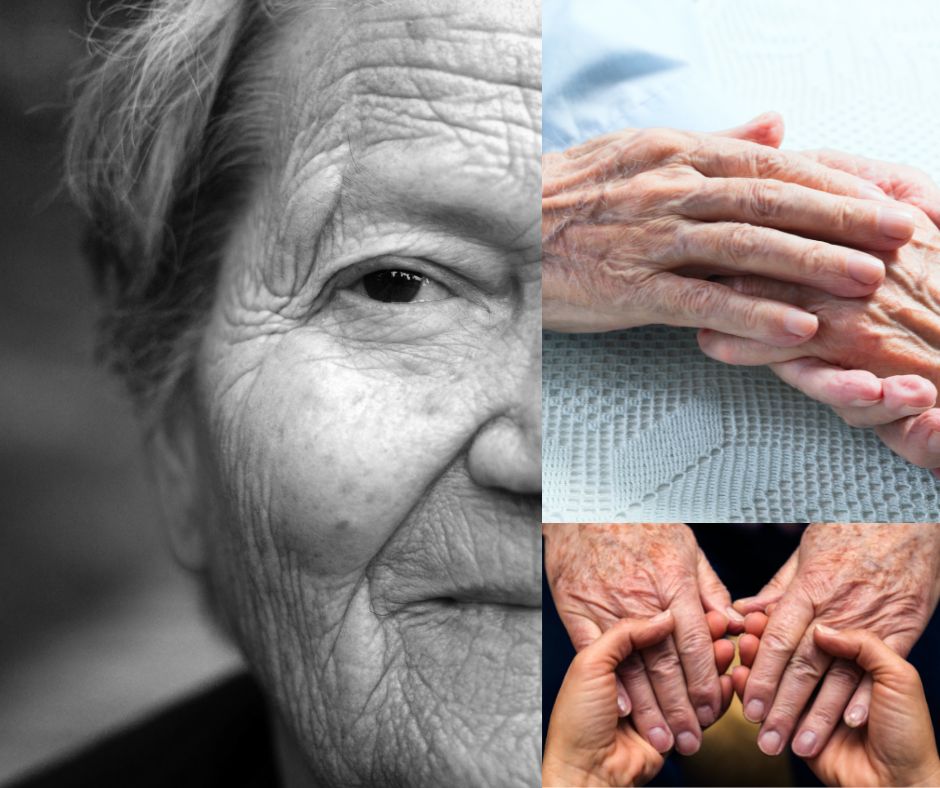Summary:
International Day of Older Persons highlights the resilience of older adults in a changing world. The UN President, Ban Ki-moon, has called on all nations to support the inclusion of all people of all ages and emphasised the need for more age-friendly societies worldwide. UN Special Rapporteurs: Older women are the most outstanding representatives for their interests, concerns, and rights. States should involve older women in all pertinent policy creation, implementation, and monitoring. They are bringing older women’s viewpoints to light and aid in the fight against discriminatory gender stereotyping.
The COVID-19 pandemic, the worsening climate crisis, increasing conflicts, and rising poverty are just a few of the challenges that older people are vulnerable to, he said in a video message. “The past years have witnessed dramatic upheavals, and older people often found themselves at the epicentre of crises,” he added.
“However, in the face of these dangers, the incredible resiliency of the elderly has inspired us.”
The release of potential
1.4 billion individuals will be at least 60 years old by 2030.
The UN president went on to say that it was everyone’s responsibility to “support the social, economic, and political inclusion of all people at all ages” and that “our mission as societies and as the global community is to face the problems of longevity – and unlock its potential.”
He emphasised that the Sustainable Development Goals (SDGs) include this vow and said that “important” goals include lifelong learning, solid social protection, accessible quality long-term healthcare, closing the digital gap, intergenerational support, dignity, and respect.
A source of wisdom
The highest ranking UN official emphasised the need to work to “guarantee their active engagement, full participation, and critical contributions,” stating that older people are a vast source of knowledge and experience.
He added that by doing this, we would create more diverse and age-friendly societies and an entire planet.
Women taking the lead
The UN Headquarters in New York is highlighting older women as part of the topic for this year, which is the resilience of older adults in a changing world.
Even while they continue to make significant contributions to politics, civil society, culture, and society, their experiences and accomplishments are still primarily unnoticed due to gendered disadvantages that have accrued throughout their lives.
This comprises ageism and sexism together, as well as discrimination based on gender and age.
Solution-builders
The International Day of Older Persons acts as a symbol and a timely reminder of the vital part that older women play in conquering obstacles and contributing to solutions on a global scale while displaying grit and perseverance.
It is essential to acknowledge the significant contributions of older women and to support the inclusion of their views, perspectives and needs when developing relevant policies to strengthen an all-encompassing response.
This year, the UN says the day is a catalyst for change and a chance to champion older women’s voices, highlight their grit and contributions to society, and encourage policy discussions to strengthen the protection of older people’s human rights and acknowledge their value to sustainable development.
UN specialists weigh in
Eight UN-appointed independent human rights experts have approved a statement made by Claudia Mahler, the independent expert on the enjoyment of all human rights by older adults, adding to the need to ensure that older women are counted and visible.
They praised older women’s contributions to peacebuilding and conflict resolution as keepers of pre-conflict narratives, bulwarks against extreme nationalist tendencies, guardians against radicalization, and sources of information about community dynamics.
The UN experts affirmed that older women are the most outstanding representatives for their interests, concerns, and rights, adding that States should involve them in all pertinent policy creation, implementation, and monitoring.
“To be able to make educated decisions and engage actively, older women [must] have access to information on laws, regulations, and services that affect their life.”
They explained that bringing older women’s viewpoints to light aids in the fight against damaging and prejudiced gender stereotyping.
The UN Human Rights Council, which has its headquarters in Geneva, appoints independent experts and special rapporteurs to investigate and provide a report on a particular country’s or theme-related human rights situation. The specialists have honorary status and are not compensated for their services.
Analysis by: Advocacy Unified Network

